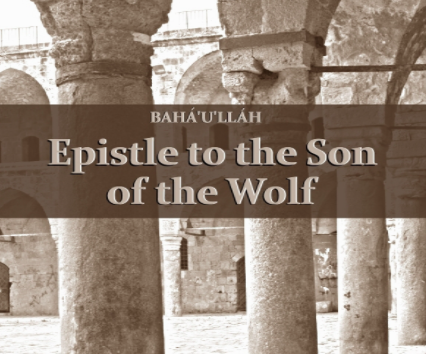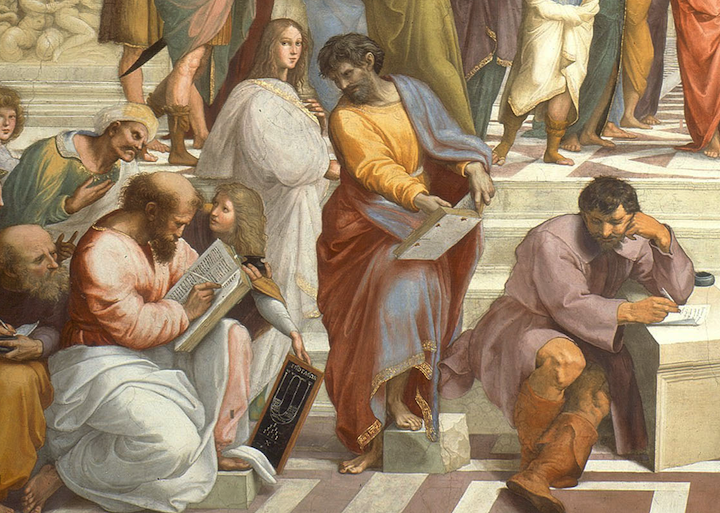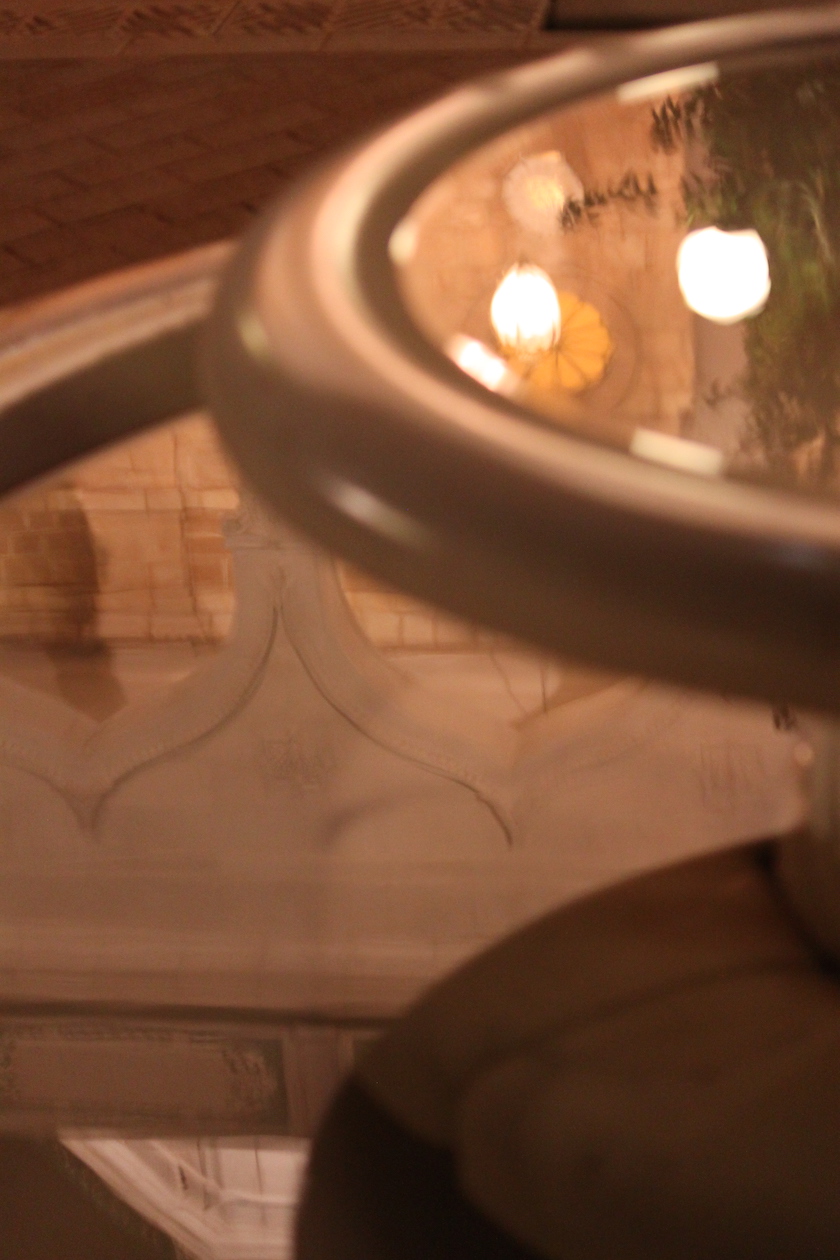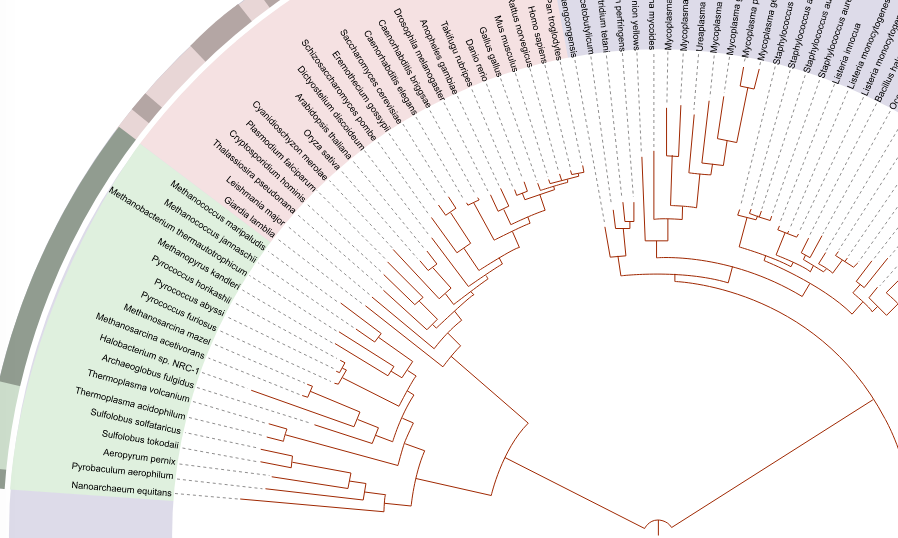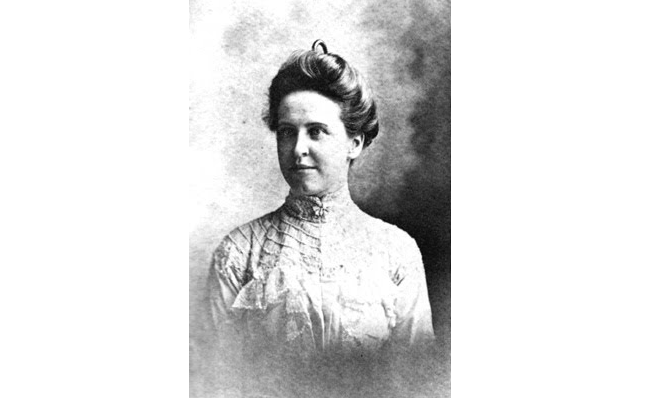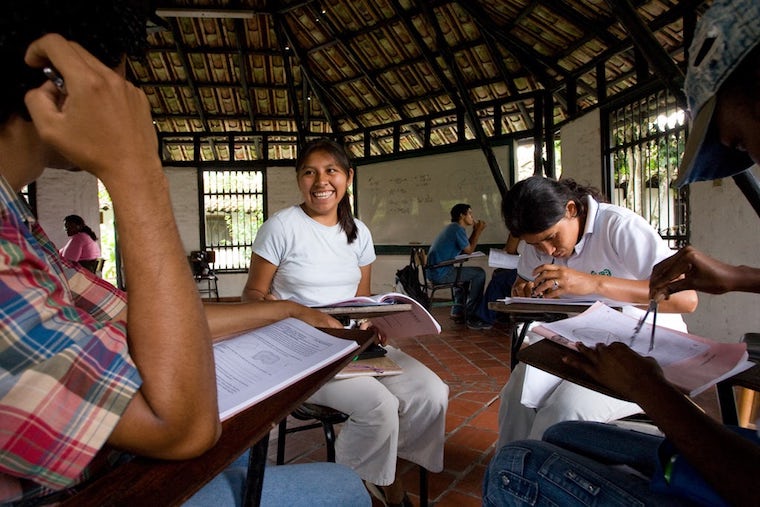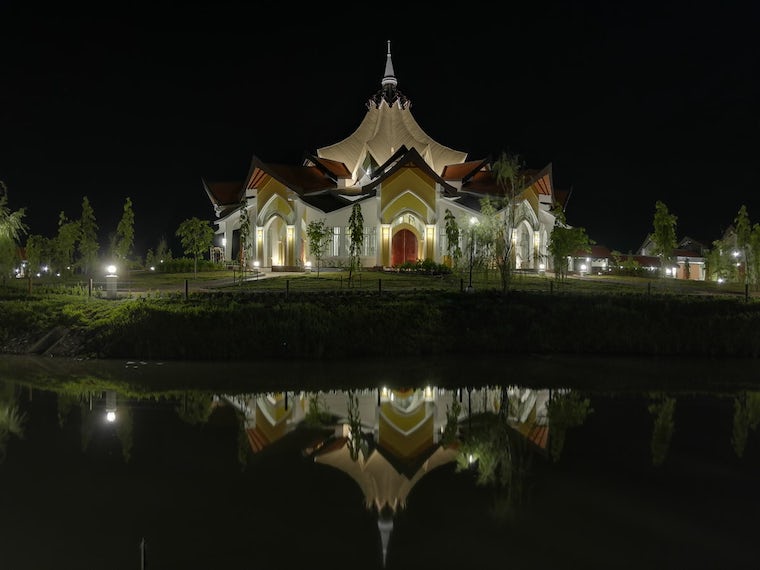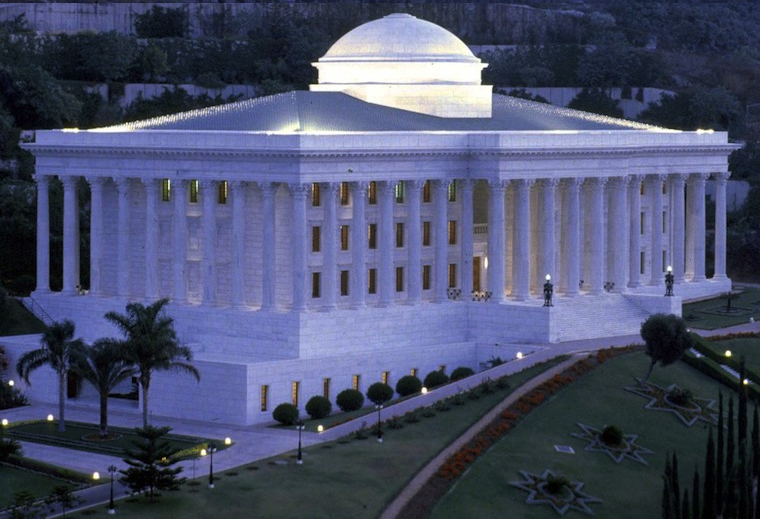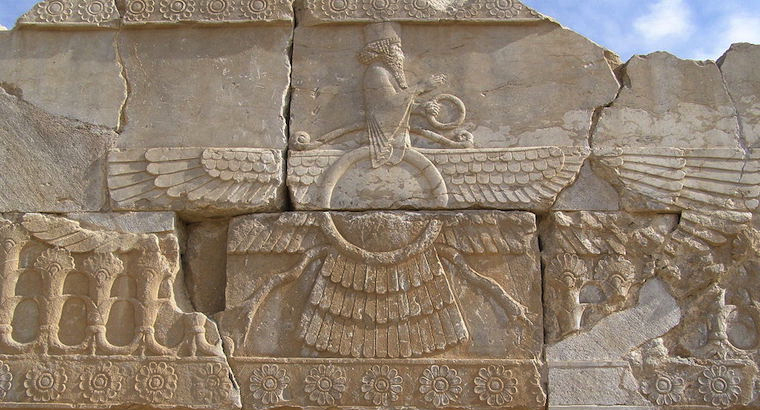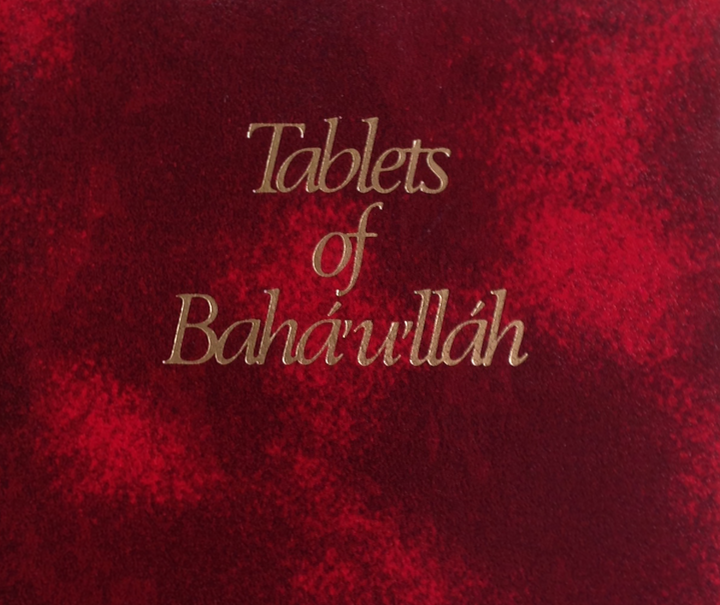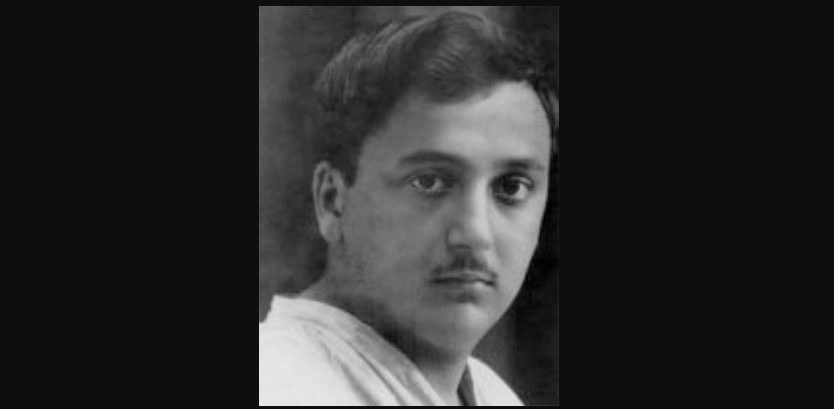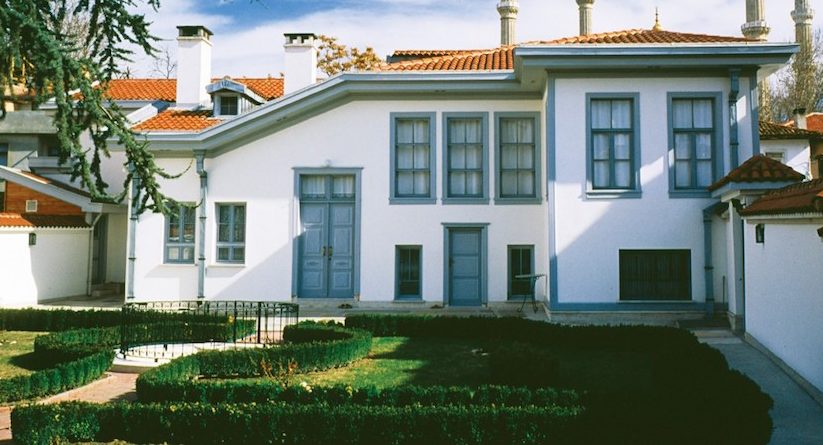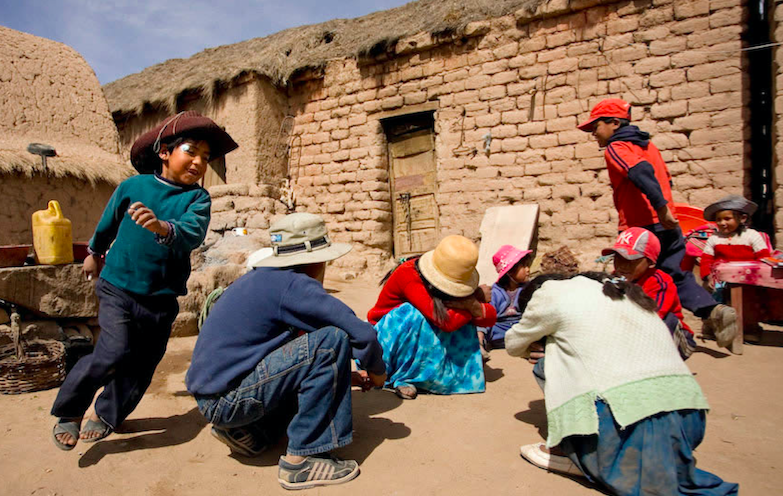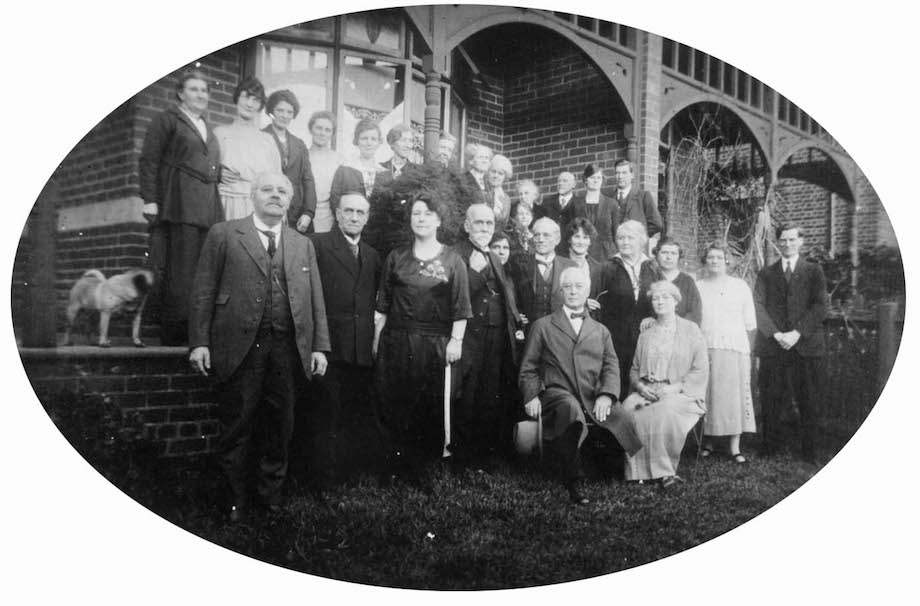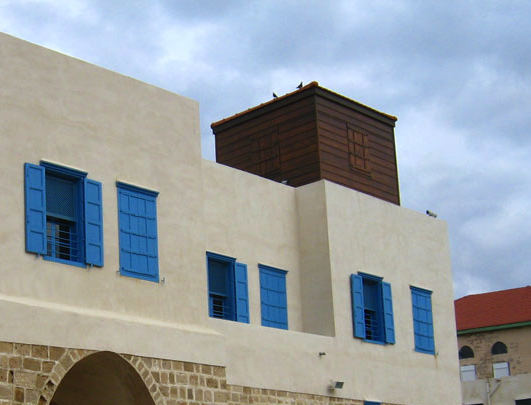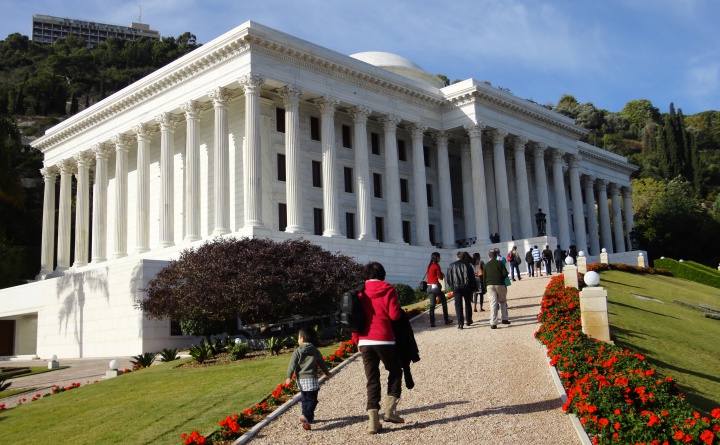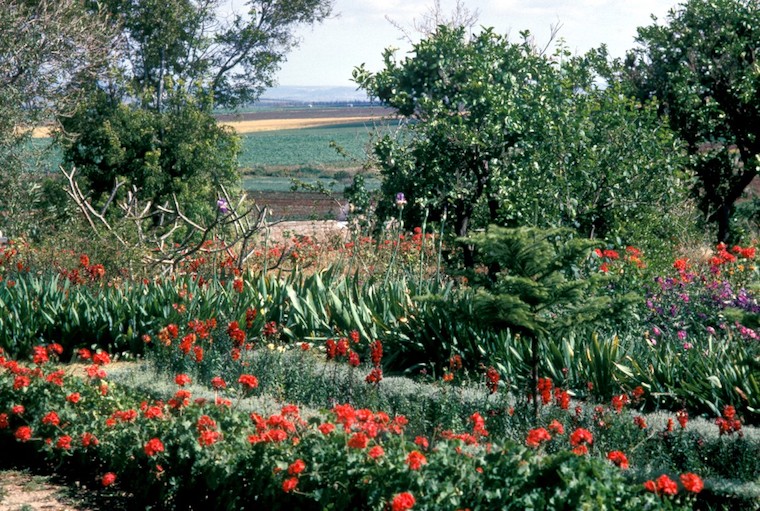Oneness of Religion
-
The Epistle to the Son of the Wolf – Oneness of Religion, Oneness of Humanity
The Epistle to the Son of the Wolf is Bahá’u’lláh’s last major work, written in the last year of his life. It is Bahá’u’lláh’s own summation of his life and teachings. It was addressed to a brutal persecutor of the followers of Bahá’u’lláh, a priest in Isfahan, Aqa Najafi. In his persecutions of the Baha’is, Aqa Najafi collaborated with and followed in the footsteps of his father – “the Wolf” – who had earlier been responsible for the brutal murder of two Baha’is in that city. The opening passages of the Epistle invite Aqa Najafi to seek forgiveness from God for his crimes and provides him with the words to do so.…
-
Bahá’u’lláh’s Message to Christians
The Lawh-i-Aqdas – the Most Holy Tablet – is addressed to Christians. Bahá’u’lláh announces his mission to the followers of Christ. Almost at its outset, the call is made: O followers of the Son! Have ye shut out yourselves from Me by reason of My Name?[1] These words allude to passages such as the following from the Bible. The nations will see your vindication, and all kings your glory; you will be called by a new name that the mouth of the Lord will bestow.[Isaiah 62:2] To him who overcomes, to him I will give … a new name written on the stone which no one knows but he who receives…
-
Dimensions of Unity: the Lawh-i-Ittihad
The theme of unity is woven explicitly and implicitly into Bahá’u’lláh’s mission and teachings. It is the entire purpose of his mission. In the Lawh-i-Ittihad, Bahá’u’lláh discusses some of the dimensions of unity. An authorised English version of this work is not available as yet, although descriptions of this work are available in Adib Taherzadeh’s fourth volume and Moojan Momen has provided a description and provisional translation. The following is a translation of two passages of the Lawh-i-Ittihad appearing in a letter of the Universal House of Justice. And amongst the realms of unity is the unity of rank and station. It redoundeth to the exaltation of the Cause, glorifying it…
-
A New Temple Rises in the East: The First Local House of Worship Battambang Cambodia
Yesterday marked a milestone – the official dedication in Battambang Cambodia of the first local House of Worship in the world designated as such. The building has been constructed to translate into reality Bahá’u’lláh’s call in his book of laws, the Kitab-i-Aqdas: O people of the world! Build ye houses of worship throughout the lands in the name of Him Who is the Lord of all religions.[1] Bahá’u’lláh’s word indicate the universality of the concept. Such Houses of Worship are open to every human being and the words of all sacred scriptures are read in them. The lead set by the people of Battambang is itself an indication of universality. Battambang was…
-
Bridging East and West – Bahá’u’lláh’s Dialogue with a Zoroastrian Leader
Zoroastrianism is one of the world’s most ancient faiths. One of its leaders wrote to Bahá’u’lláh. His reply was an exploration of the oneness of religion and the needs of today. Although not well-known in the English speaking world, beyond the fact of its existence, it was once the faith of a great civilization that stretched from Central Asia to Greece. It comes from the same part of the world in which Bahá’u’lláh was born and there was in his day, and still today a Zoroastrian community in Iran. When visiting America, Abdu’l Baha would sometimes comment on the effects of Bahá’u’lláh’s teachings. Communities which had kept apart for hundreds of…
-
O Ahmad, be thou so steadfast in my love that thy heart shall not waver …
Written in Adrianople in 1865, the Tablet of Ahmad is one of the most powerful of Bahá’u’lláh’s writings. Adrianople, now known as Edirne, was the next place of exile Baha’u’llah was sent after being summoned to Constantinople., and is about 240 kilometres to its north-west. Adrianople was referred to by Bahá’u’lláh in his writings as “the remote prison”. The Tablet of Ahmad was written to Ahmad, a native of the city of Yazd in central Iran. Ahmad was religiously inclined and in his youth he became attracted to Sufism. He travelled to India as an ascetic and dervish. After a time he became disillusioned with this path, despite the…
-
Human Nature and the Temple at the Dawn of Time: Gobekli Tepe
In the last twenty or so years archeologists have excavated a temple that was built so long ago that no human being had yet thought of planting a crop. It was built so long ago that only stones and bones were used to create it and the many works of art that adorn it. The temple was built before the wheel, before animal husbandry and before the creation of pottery. It precedes large scale government. It precedes the invention of armies, cities and empires. It was created by people who hunted and gathered to collect their food. The temple’s scale forces us to rethink everything we thought we knew about…
-
When Religious People do Bad Things
In a world in which crimes are explicitly committed in the name of religion, a conversation about how best to respond to the problem is a necessity as difficult as it may be. Tragically this was how the 21st century begins. This article seeks to reflect on Bahá’u’lláh’s writings, and the Baha’i teachings more broadly, that bear on this question. Of course as a prophet or messenger of God, Bahá’u’lláh’s writings are grounded in a spiritual view of reality – and are concerned with religion. He foresees the decline of religion and the kind of turmoil that we see in the world today. THE world is in travail, and its agitation waxeth day…
-
The Nature of the Soul Doesn’t Change But Everything Else Does
One of the most poignant speeches by a political leader is that of Robert Kennedy given in Indianapolis in 1968, the night that Martin Luther King was assassinated. Robert Kennedy was himself assassinated 63 days later. As Robert Kennedy spoke, he recalled his own loss of his brother and the words of an Ancient Greek poet, Aeschylus. Even in our sleep, pain which cannot forget falls drop by drop upon the heart, until, in our own despair, against our will, comes wisdom through the awful grace of God. Here is evidence, if we need it, that the nature of the soul has not changed – even after the passage of…
